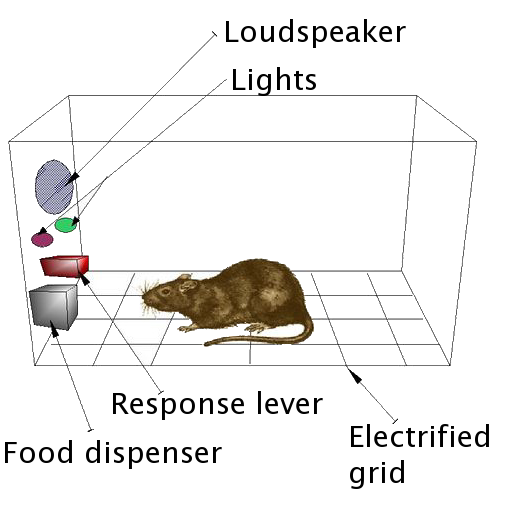Numbers… and bullshit.
Tuesday, August 20th, 2013 at 5:43 amIn the last few weeks I was slightly off the grid. I had a quick holiday, I traveled, I enjoyed the “fun” of wireless offers in US hotels. Sometimes that is a good thing. I realised a few things in that time, and discovered a few amazing posts online that very much agreed with what I thought.
Here’s what I realised: we are obsessed with numbers and it is killing our creativity. Our online life right now is running the danger of being a constant chase of bigger numbers and more reach and there is actually not much substance to it.
Instead of concentrating on writing and sharing and creating we start hunting the quicker impact, the larger group to talk to and the more immediate feedback. This leads to a quick collection of seemingly impressive numbers that actually don’t mean much but in essence are a quick fix to make us feel important. Instead of thinking our work through, we throw it out. We throw it far and wide and we hope that a pure law of large numbers means that we reach a lot of people that either need to know what we talk about or get inspired by it. Or relay it to even more people which increases our impact even more. Alas, it doesn’t. As everybody else is running the same race.

The social web we are amazed about and – in some cases – addicted to is the perfect Operant conditioning chamber. Just like a slot machine we are constantly chasing the next reward, we always think our next update will be the next big thing. Getting a positive result for each of our actions is boring. Getting one big reward every once in a while means we keep going on and on throwing things out there until we get the next reward. We chase a pattern of success that doesn’t exist, but as it happens once in a while we keep thinking there was some logic to it.
A lot of what ends up on social networks is not something we wanted to put there but because we believe it but something that will get the most results and responses. Likes, retweets, Google Pluses, Comments, hits on our blogs. All things that are easy to measure and obvious to see as a success although we have no clue whatsoever if what we put out there was even read before people shared it. A lot of people do that. We re-distribute what other people – people who others look up to – say because that shows we are “in the know” and know where to go to find good content. One of the biggest needs for things to “go viral” is not the quality of the content – it is the ease of distribution. This is why people post quotes of famous people – in many cases even misquoted – as images to get around limitations like 140 characters.
We trade creation and creativity for quick, meaningless, but easily quantifiable success. We inflate our blog post with grandiose titles like “the best solution to $x”, “why $x should do $y” or the incredibly inflated “35 things everyone needs to know about $z”.
The amazing publishing platform web is running the danger of becoming a bazaar where amateur marketers compete in making things look cooler, simpler, wittier than they are to get a quick applause in the form of likes. We don’t go online to find out things in depth – we want a quick solution to allow us to do more in less time to add more to the already impossible to understand pile of stimulants and shards of information. The thirst for knowledge or entertainment is not the main reason why we get our phones out, instead it is the nagging blinking sign of unread new updates, each an enticing hint that the next cool thing might be one of them and we need to keep getting them not to miss the all important one – which most likely we will miss as we are preoccupied with the chase of more and newer.
We even do this at the cost of our privacy as Cory Doctorow mentioned in his TedX Observer talk, but more importantly is the point that we are acting like junkies, filling our need for quick validation and immediate satisfaction instead of taking the time to really consume what we get or to cherish the relationships we form.
The Innovation of Loneliness is a superb, very short talk about this, and validated my worries and thoughts:
The Innovation of Loneliness from Shimi Cohen on Vimeo.
The main message here is that as humans we can only consume and stomach a certain amount of social interactions and relationships. As social media is a massive game of numbers we ironically start to get more lonely by connecting more as we cheapen relationships and reduce them to numbers and instead of deepening the relationships we increase the number of “friends” we have. The goal is to collect more, not to care about who they are. It is a hoarding mentality, accumulating lots of relationships in case we need to follow up with them later when we need them. Not realising that in order to be able to rely on a relationship, we also need to foster and nurture it. And a “like” does not cut it.
Rogie King’s Derailed is another superb post on this subject. He speaks in detail about the “social addiction” we can fall into and the bitter disappointment we can feel when all our efforts were just there to increase numbers.
Let’s stop being rats in a box pressing a button. Let’s break the game by not playing it but realising that an increase in numbers is not a real win and that a few unread updates really are not the end of the world.
